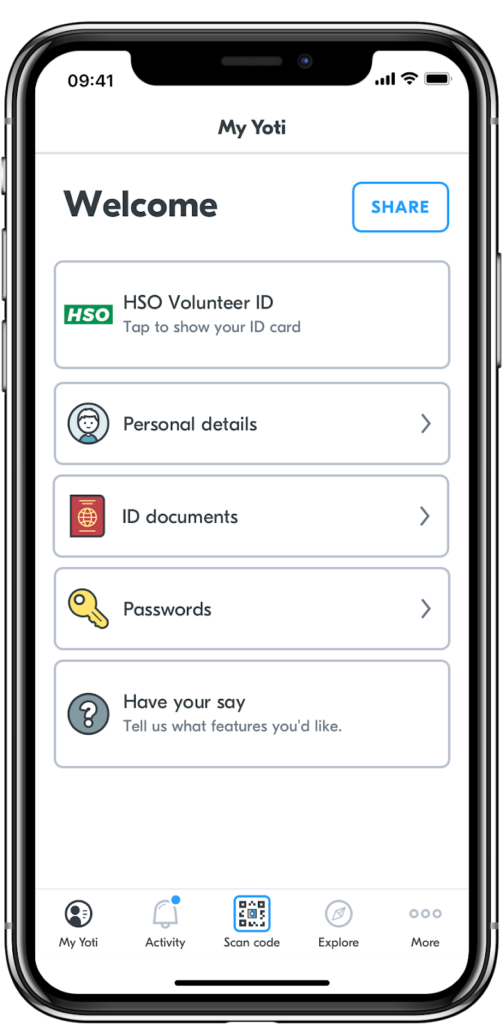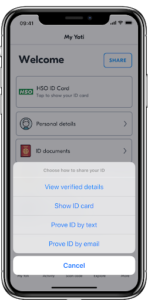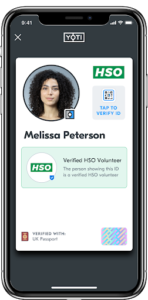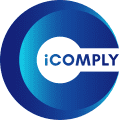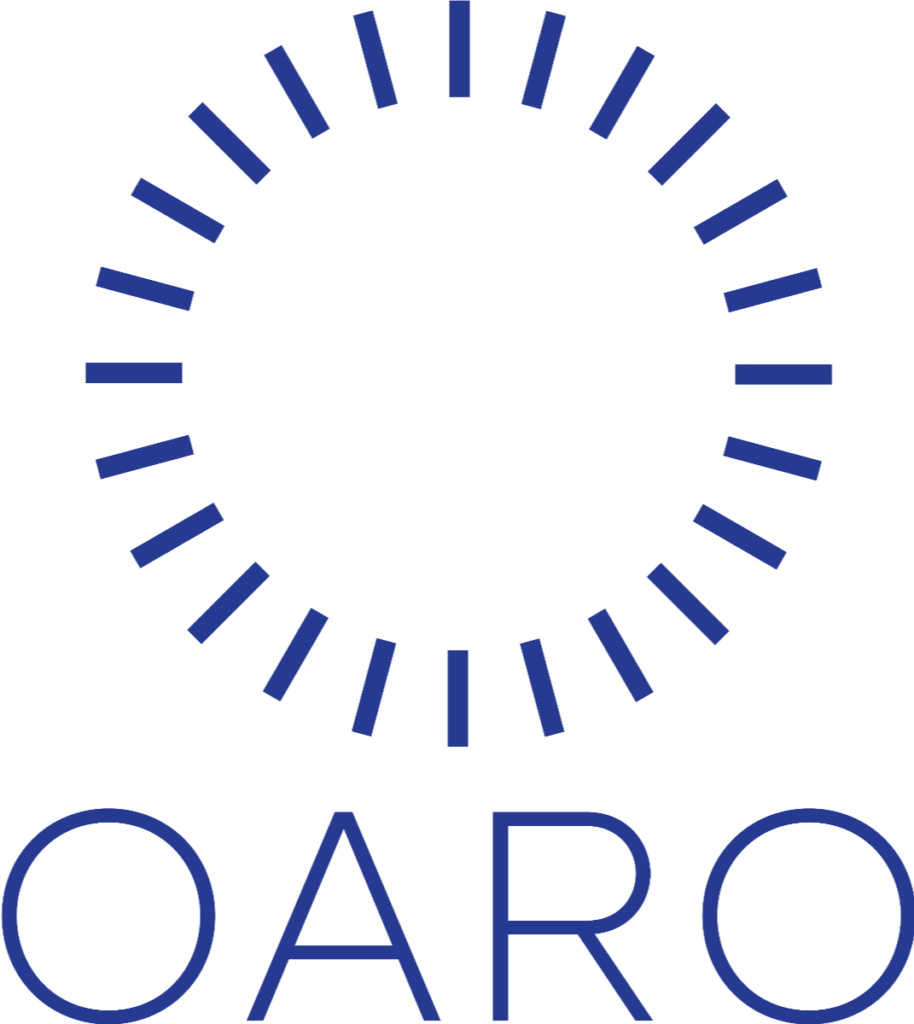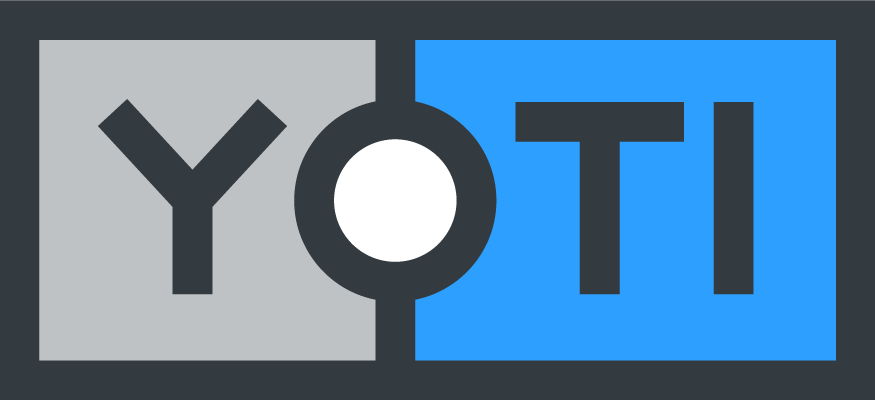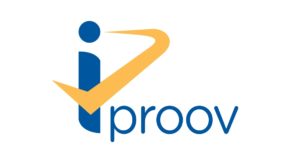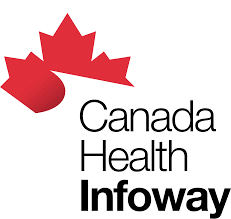Collaboration is at the core of the DIACC’s work, and we are pleased to announce a new initiative – one that engages multiple stakeholders to further advance digital identity.
We’re pleased to advise that DIACC’s Foundational Identity Special Interest Group (SIG) will launch soon. This is a great opportunity to connect insights. Participation is open to DIACC members and non-members. All are welcome.
This SIG will seek to answer one question: “How can existing birth and immigration record sets be used to improve service delivery and reduce fraud?” This SIG will develop recommendations for a roadmap for improving service delivery and reducing fraud through better identity resolution capabilities.
Reference the Foundational Identity SIG Charter for additional information.
To learn how you can get involved, please contact us at info@diacc.ca.
The DIACC Board of Directors have ratified the formation of DIACC’s first SIG. DIACC SIGs are open to all sustaining members, adopting members, as well as non-members who are interested to convene discussions around a specific interest. SIGs enable more opportunities to connect subject-matter experts around the world.
The concept for this SIG was proposed by DIACC Members Valid8ID Solutions and the Government of British Columbia. The SIG will form to discuss opportunities for ‘Reducing Identity Fraud by Leveraging the Existing Unique Foundational Identities’. A topic that has been presented to DIACC’s Innovation Expert Committee (IEC).
“The work of this SIG is important because, when our foundational identity systems and processes are weak, the opportunity to have strong, well-trusted digital identity solutions is diminished.”
Andrew Johnston, IEC Co-Chair
As the name implies, foundational identity is a key concept, he explained, as components of the Pan-Canadian Trust Framework (PCTF) make reference to “foundational evidence of identity” which is evidence that is commonly kept in a birth registry for example. These records serve as the starting point for official and authoritative identification of people. Unfortunately, fraudsters may take advantage of such systems to defraud government programs and service providers, as well as to impersonate real people.
“If we’re going to build digital identity solutions that can be trusted, building on a solid and trustworthy foundation is fundamental to that mission,” he added.
“For a number of reasons, variants of our legal names are quite commonly used on secondary documents such as driving permits and resident cards,” explained Bill Pezoulas, Co-founder, Valid8ID Solutions. “The disparity between our legal name and the name used on common identifying documents gives rise to inefficiencies in identity validation in service delivery contexts and provides opportunities for identity theft and other kinds of fraud, which cost significant losses to public and private sector institutions.
The Foundational Identity SIG was formed as a forum to examine ways to anchor evolving Digital Identities in the foundational record sets to reduce inefficiency and fraud, Pezoulas said. The anticipated outcome of the group’s discussion is to recommend approaches to engage foundational evidence authorities regarding opportunities to increase trust in our Digital Identity ecosystem and accelerate adoption so that Digital Identity can be a driver of Canadian economic growth.
“When I learned that the birth certificate is the one unique identifier that allows for multiple people to be named John Smith it was an “ah ha” moment,” said Don Waugh, IEC Co-Chair alongside Johnston. The anchor for identity, this document is the method by which a relying party can know which ‘John Smith’ they are dealing with.
Pointing out that, in Canada, the birth certificate is foundational for digital identities and is even more important than SINs, passports and driver’s licence numbers, Waugh said that when identity attributes are anchored to this document, it eliminates the confusion that arises form duplicate names and alternate nicknames.
SIGs are a great way to engage broad Pan-Canadian and international discussions and we expect that more SIGs will be established going forward. Johnston noted that all ideas are welcomed, and topics or challenges of interest should be brought to the attention of the IEC. “The motivating drive of this committee is to organize members of DIACC and the identity community at large to address outstanding problems, kick the tires on new approaches and assist in the alignment of those new approaches to the PCTF,” he said.
